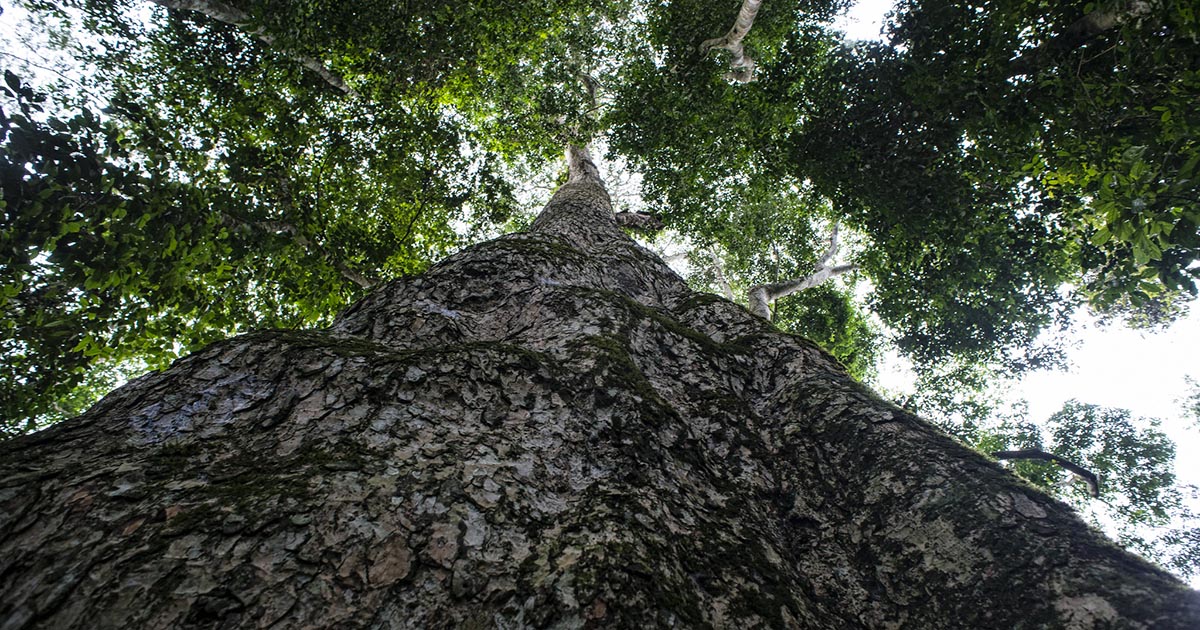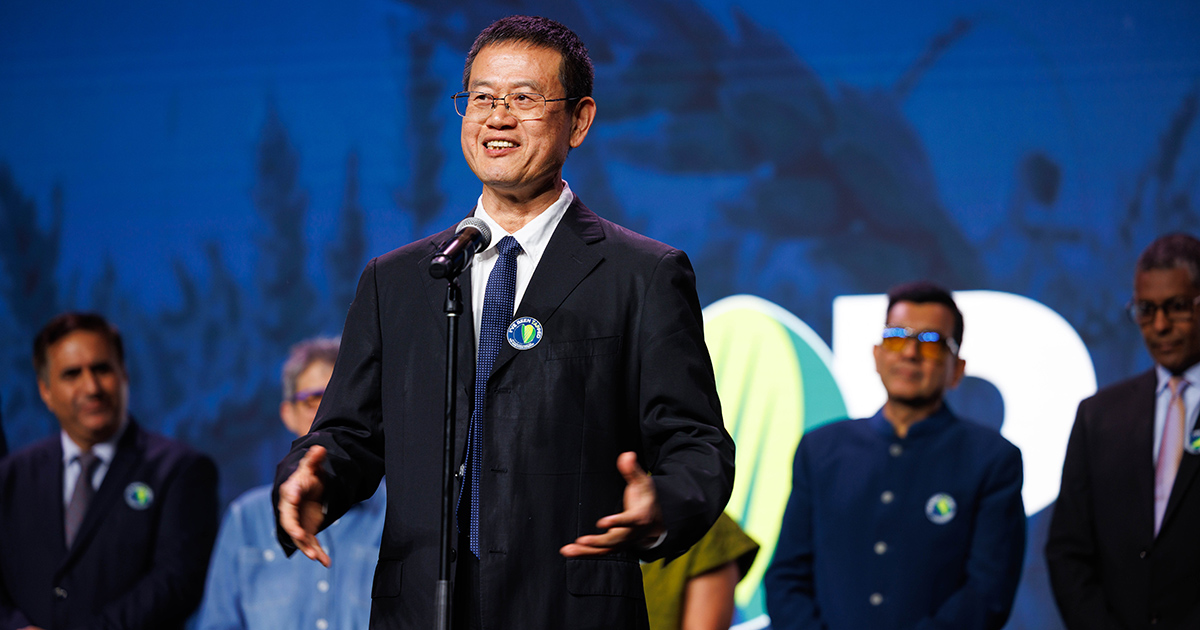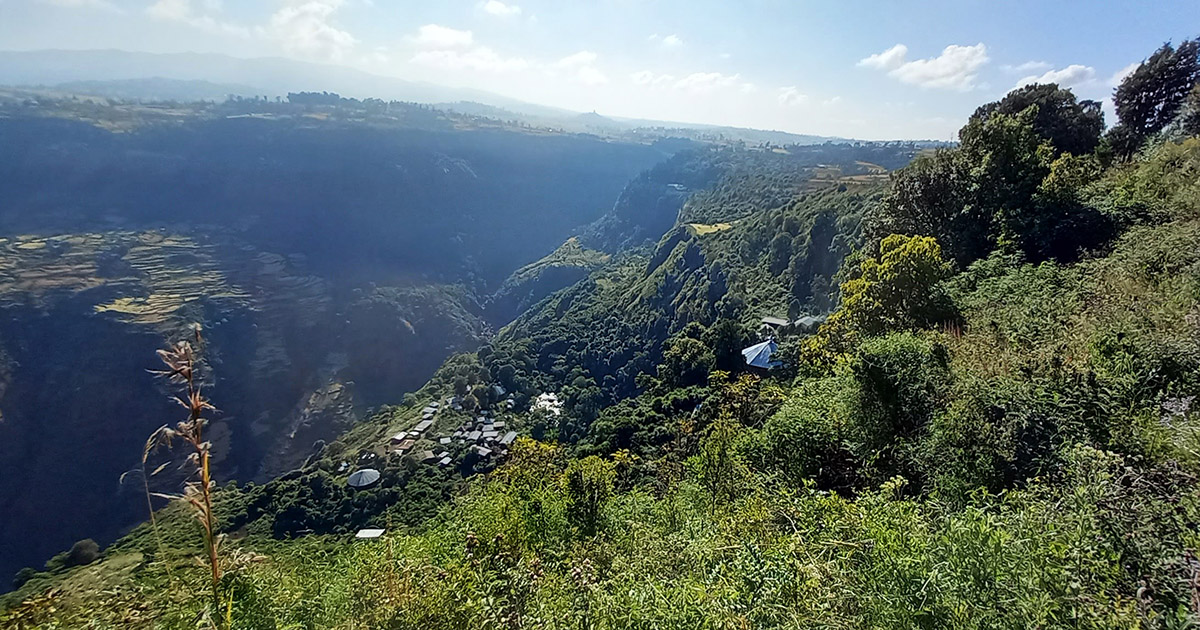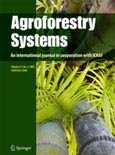Scaling out ecosystem restoration programs in sub-Saharan Africa will require supply of the right quality and quantity of planting stock. Yet, the supply of quality agroforestry germplasm is not widespread. We apply contingent valuation method (CVM) to elicit potential demand for quality-enhanced germplasm for three multipurpose agroforestry tree species in Malawi. Following a split-sample CVM design, we employed a Multivariate probit regression model to test the effects of product-quality validation— through audio-visual information aids —on willingness to pay (WTP) bids. Hypothetical bias was mitigated using cheap/pep talk (consequentialism) and follow-up certainty questions (calibration). The results reveal that landholders who viewed seedling quality-attributes through video-based information platform reported 28–40% higher WTP bids for quality-enhanced seedlings compared to their counterparts who received verbal information. Mean WTP for improved grafted Mangifera indica, Acacia polyacantha and Faidherbia albida were estimated at MWK1329 (US$1.28), MWK547 (US$.52), and MWK539 (US$0.52), respectively, for landholders in the treatment (video) group. Further, multivariate probit regression results show that product-quality validation (through audio-visual aids), gender, distance to seedling suppliers, and credibility of suppliers significantly influenced WTP offers. The findings highlight that there is potential demand for improved agroforestry seedlings and, hence, the need for seed supply chains to embrace or invest in seedling quality enhancement technologies (SETs) and quality control mechanisms.
DOI:
https://doi.org/10.1007/s10457-025-01339-w
Altmetric score:
Dimensions Citation Count:

Publication year
2025
Authors
Haswell, C.; Khataza, R.R.B.
Language
English
Keywords
germplasm, agroforestry, restoration, willingnes to pay, seedlings, seed quality, supply chain, quality control
Source
Agroforestry Systems. 99: 239
Geographic
Malawi














